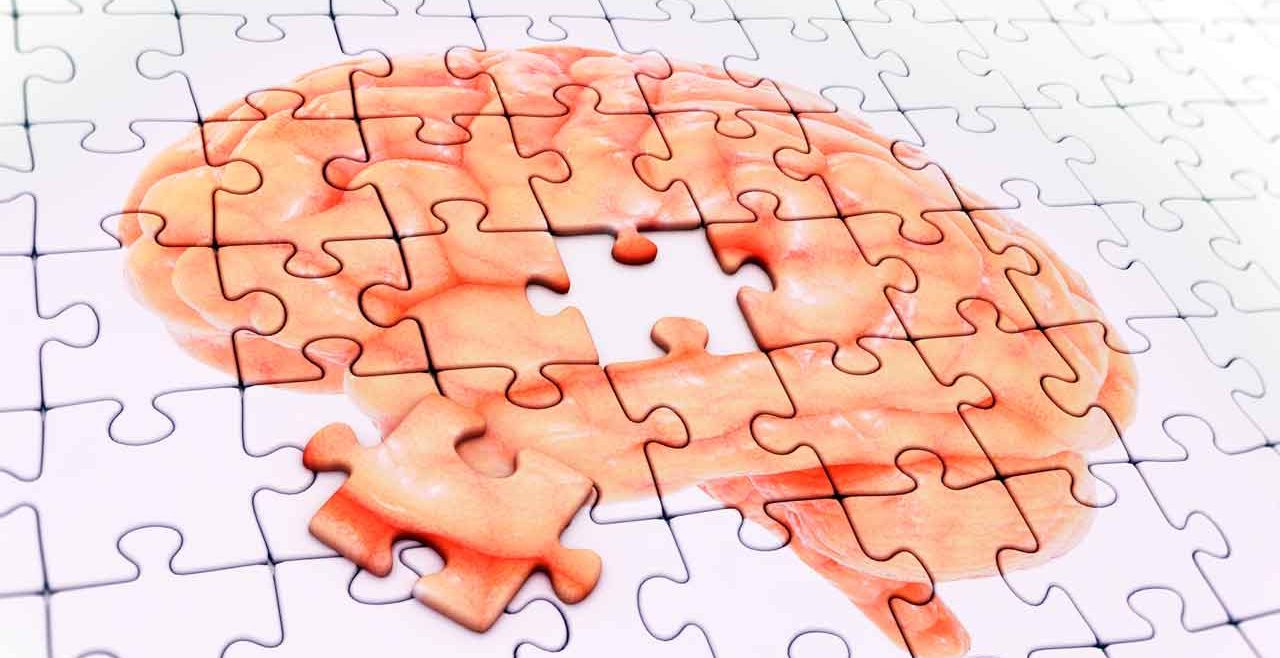What Is the Difference Between Dementia and Alzheimer’s?

The difference between dementia and Alzheimer’s: Are problems with memory and thinking and trouble remembering conversations the same thing?
The short answer to the question “What is the difference between dementia and Alzheimer’s?” is that Alzheimer’s disease is the most common kind of dementia, a term that covers symptoms caused by several illnesses. From 60 to 80 percent of all cases are caused by Alzheimer’s. Although dementia is very common in late life, it is not inevitable as we age.
YOU MIGHT ALSO LIKE: How to Keep People with Dementia from Wandering
What is Alzheimer’s?
Alzheimer’s is the most common form of dementia. We don’t yet know the cause but scientists have pin-pointed several hallmark signs of Alzheimer's in the brain. They include:
- Plaques, clumps of a protein fragment called beta-amyloid
- Tangles, twisted strands of the protein tau (rhymes with "wow")
- Missing connection, also known as synapses, among brain cells involved with memory, learning, and communication
- Inflammation, triggered by the body's immune system
Although Alzheimer’s usually develops with age and becomes noticeable in seniors, it is possible to show the symptoms under the age of 65. The disease falls into three stages: early (or mild), moderate, and then severe.
What are the symptoms of Alzheimer’s?
In the early mild stage, you may function independently, working, driving, and socializing. You might notice memory lapses, and friends and family will see other problems. You might have difficulty coming up with the right word or name or remembering names during introductions. You might forget material you’ve just read and lose objects. Those are all lapses anyone can have. But people with early Alzheimer’s have more trouble, including trouble with planning and organizing.
As the disease progresses, you enter the moderate stage, which can last many years. In this stage, you may confuse words, get frustrated or angry for no clear reason, and show odd behavior, such as refusing to bathe.
Other possible symptoms include:
- Forgetting details of your own life and history, including your address or telephone number or the name of your high school
- Moodiness
- Confusion about where you are and what day it is
- Choosing the right clothing for the season or event
- Trouble controlling your bladder and bowels
- Changing sleep patterns
- Becoming suspicious or having delusions
- Compulsive, repetitive behavior, like tearing up paper
In the final stage, you gradually become less able to communicate and control your movement. You need round-the-clock assistance and may not be able to walk or swallow. You also become vulnerable to infections like pneumonia.
On average, people with Alzheimer's live for eight years after their symptoms become noticeable to others. Some die earlier, and others can live another 20 years.
Can Alzheimer’s be treated?
Current medical practice can slow the progress of the disease but not stop it. There is medication to treat symptoms. Donepezil (Aricept) can be used at all stages. Doctors prescribe rivastigmine (Exelon) and galantamine (Razadyne) for mild-to-moderate Alzheimer's. The Food and Drug Administration approved memantine (Namenda) to treat moderate-to-severe Alzheimer’s symptoms.
What is dementia?
The term covers a cluster of symptoms: problems with memory, thinking, and social abilities severe enough to interfere with daily life. Any brain injury — including strokes and tumors — can damage the brain and affect memory. About 10 percent of all dementia cases arise when the brain is damaged by a blocked blood vessel or bleeding in the brain. Other illnesses that can cause dementia are Parkinson’s or Huntington’s, which each damage a set of distinct brain cells. Lewy body dementia (LBD) is a disease that changes the brain in another way. Wernicke-Korsakoff syndrome can be caused by abusing alcohol. An infectious illness like HIV can cause dementia, though we don’t yet know how the brain damage occurs. Severe depression and chronic drug use can cause memory loss that interferes with daily life. Also, a person can have “mixed dementia,” with symptoms arising from two or more causes. Alzheimer's and vascular dementia are the most likely combination.
Dementia symptoms
The early signs of dementia can be mild — you might have trouble keeping track of time or tend to get lost, even in familiar places. Over time, you become more forgetful and confused. You might have more trouble remembering names and faces. You might ask the same questions over and over.
The symptoms of dementia overlap between the various causes. The differences will help doctors make the diagnosis. People with LBD, for example, often have visual hallucinations, difficulties with balance, and sleep disturbances early in the illness. Parkinson’s or Huntington’s disease patients show the classic symptoms of tremors and other involuntary movements in the early stages.
Can dementia be treated?
It depends upon the cause. Dementia can even be reversible if the cause is drug abuse, a brain tumor, or treatable depression.
It’s easy to become worried if you have dementia in the family and you notice memory loss in yourself or a loved one. For a brief test, download the "Self-Administered Gerocognitive Exam," take it, and bring the results to your primary care doctor.
Updated:
March 16, 2020
Reviewed By:
Christopher Nystuen, MD, MBA